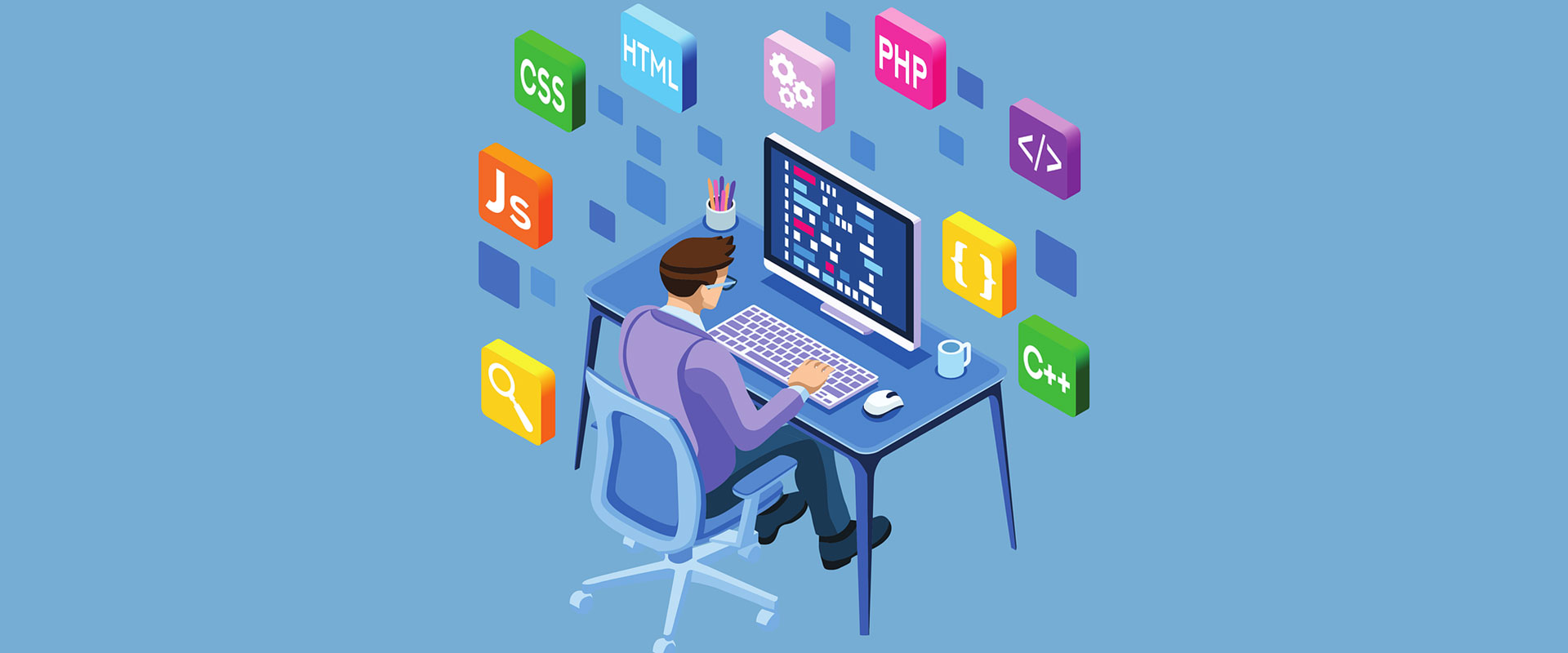Top 10 Frontend Development Tools Every Beginner Should Know
Frontend development is the backbone of creating visually appealing and user-friendly websites. If you're just starting your journey as a frontend developer, equipping yourself with the right tools is crucial. At Digilinkers Academy, we emphasize using industry-standard tools to make your development process efficient and enjoyable. Here are the top 10 frontend development tools every beginner should know:
1. Visual Studio Code (VS Code)
This free, open-source code editor by Microsoft is a favorite among developers. VS Code offers features like syntax highlighting, IntelliSense for smart code completions, and an integrated terminal. Additionally, it comes with built-in Emmet support, allowing developers to write HTML and CSS faster using shortcuts and abbreviations. Its extensive library of extensions allows you to customize it to suit your development needs.
2. Chrome Developer Tools
Built directly into Google Chrome, these tools are essential for debugging and optimizing your website. You can inspect elements, adjust CSS styles in real-time, and monitor performance. With features like live editing of CSS and JavaScript, developers can see changes immediately without refreshing the page. It’s an indispensable resource for testing how your website behaves in a browser and resolving issues efficiently.
3. Bootstrap
This popular CSS framework simplifies creating responsive designs. With its robust grid system, Bootstrap makes designing responsive layouts fast and efficient by providing a flexible structure for arranging elements. Additionally, its various pre-designed components like forms, accordions, and carousels enable developers to quickly add interactive and functional elements to their websites, significantly speeding up the development process. With a mobile-first approach, Bootstrap helps beginners quickly build professional-looking websites without needing to write extensive CSS code from scratch.
4. Git and GitHub
Version control is a vital skill for any developer. Git, paired with GitHub, allows you to track changes in your code, collaborate with others, and maintain a history of your projects. With Git, you can experiment with new features in isolated branches and seamlessly merge them back into the main codebase. Even as a beginner, learning Git can save you hours of frustration by preventing accidental data loss and making it easier to resolve coding conflicts in collaborative environments.
5. CodePen
CodePen is an online code editor that lets you write HTML, CSS, and JavaScript in a live environment. It’s perfect for experimenting with code snippets and sharing your creations with others in the development community. Additionally, you can take inspiration and knowledge from "pens" written by other developers, allowing you to learn new techniques, explore innovative designs, and enhance your coding skills by analyzing their work.
6. Sass
As a CSS preprocessor, Sass extends the capabilities of standard CSS by allowing you to use variables, nested rules, and mixins. It’s a great tool for managing larger projects and writing cleaner, more maintainable stylesheets.
7. Figma
Figma is a web-based design tool that’s perfect for creating prototypes and collaborating with designers. It’s beginner-friendly and lets you design user interfaces, create wireframes, and collaborate in real-time.
8. Webpack
While it might seem advanced at first, Webpack is an essential tool for bundling your JavaScript files and managing dependencies. As your projects grow, Webpack helps streamline the development process by optimizing your assets.
9. ESLint
Maintaining clean and consistent JavaScript code can be challenging, but ESLint makes it easier. This static code analysis tool identifies problematic patterns in your code and ensures you adhere to best practices.
10. Postman
For projects involving APIs, Postman is a must-have. It simplifies testing and debugging API requests by providing an intuitive interface to send HTTP requests and inspect responses.
Starting your journey as a frontend developer can be overwhelming, but the right tools can make the process smoother and more enjoyable. At Digilinkers Academy, we help our students master these tools through hands-on projects and guided instruction. Whether it’s building responsive websites with Bootstrap or debugging with Chrome Developer Tools, these tools are your stepping stones to becoming a proficient frontend developer.
Ready to kickstart your frontend development journey? Join us at Digilinkers Academy and transform your passion into a rewarding career!
